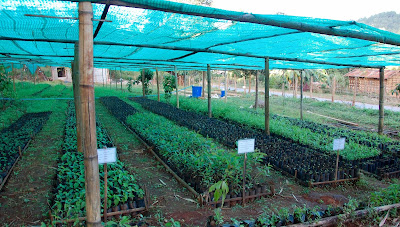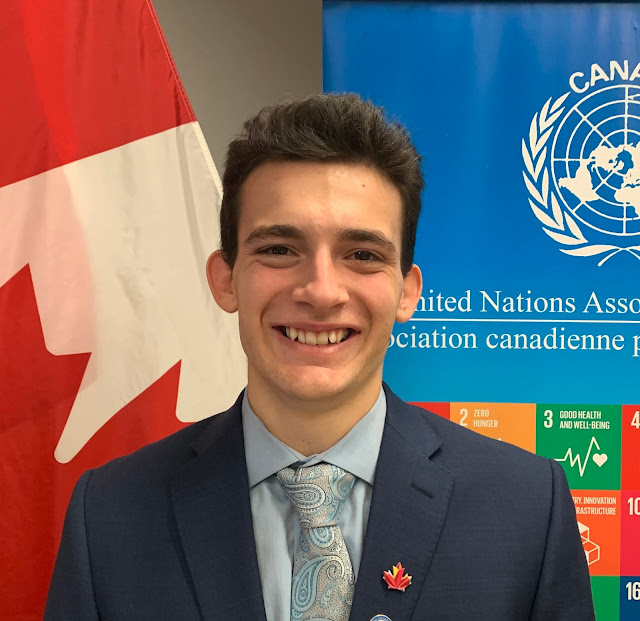Our JPC shares her Shan State (Yangon) Trip Experience
For
my JPC placement, I was lucky to be placed with the United Nations Office of
Drugs and Crime (UNODC) in Yangon, Myanmar. The UNODC works on a variety of
global issues, such as transnational crime, environmental degradation, health
and drug abuse, among many others. The main area I have worked on is the
UNODC’s Alternative Development Program. The program works to create
sustainable livelihood alternatives for opium farmers in Myanmar’s Shan State.
Myanmar is the world’s second largest producer of opium, with 57,600 hectares under cultivation. From this, 90% is concentrated in Shan State, and over 50% in southern Shan State. Along with the clear harm of supplying heroin to the national and international drug trade, there are many negative consequences stemming from opium production: it contributes to the cycle of poverty for local farmers, cultivation of land causes soil erosion and degradation and interferes with local water sources, and finally, the income from the poppies funds insurgents and other non-state armed groups, leading to increased violence and instability in the region.
In 2014, the
UNODC started three Alternative Development (AD) project sites in Hopong,
Loilin and Pinlon townships. The UNODC focuses on coffee, as the geographic
locations for growing opium are the same as required for growing high-quality
coffee and there is currently a huge global market for the product. The UNODC now
has over 700 former opium producers farming coffee. The AD projects not only
support individual farmers and communities, but work to create long-term
structural changes to the local economy.
I have been able
to work on many aspects of this project, from writing donor information
brochures, developing a baseline assessment survey for the beneficiaries of the
project, writing a business plan for the cooperative, looking into social and
environmental certification processes and helping coordinate procurement. I now
know a significant amount about growing coffee... right down to the exact amount
of chicken manure per coffee seedling potting bag (200 grams, just in case you were
wondering).
The
highlight of my work with the UNODC so far however, was a field visit to the
coffee farms in Shan State. I spent one week with my supervisor visiting our
regional office and the three townships the UNODC works in. In the coffee
villages we tracked how the shade tree nurseries were coming along, and how
last year’s coffee plants were growing. It was really interesting to meet the
farmers and see their dedication to their crops and the project.
While we were in
Shan State we met with the coffee cooperatives Board of Directors to discuss
future processing, marketing and selling of their first years coffee crops. We
were also able to meet with the government’s Forest Department who is a partner
on the project in repairing the environmental degradation caused by clear
cutting for poppy farming.
The field trip
was an amazing opportunity for me to see how the UNODC operates in its more
technical capacity, and to see how they build relationships with local actors
and stakeholders.Living and working in Myanmar has been a truly exciting experience. With the recent opening of the country to international engagement and the democratic reforms taking place, there is significant development and activity within the country and it has been great to be a part of it.
Thanks!
Joelle Charbonneau




Comments
Post a Comment